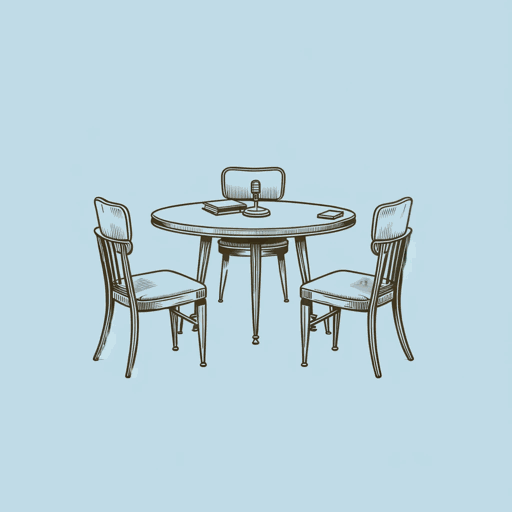40 pages • 1 hour read
Robert F. KennedyThirteen Days
Nonfiction | Autobiography / Memoir | Adult | Published in 1968A modern alternative to SparkNotes and CliffsNotes, SuperSummary offers high-quality Study Guides with detailed chapter summaries and analysis of major themes, characters, and more.
Pages 56-69Chapter Summaries & Analyses
Chapter Summary: “The danger was anything but over.”
Later that Wednesday, it was reported that while fourteen of the Russian ships stopped or turned back, several tankers were proceeding towards Cuba. One of the Russian tankers, the Bucharest, had been allowed to pass through the blockade after identifying itself to the US Navy and was due to reach Cuba that evening. Although no one believed that the ship was transporting weapons or other banned material, some on the committee argued that it “should be stopped and boarded, so that Khrushchev would make no mistake of our will or intent” (56-7). While agreeing that the United States would have to stop and board a Russian ship at some point, the President directed the Navy to follow the Bucharest, in order to gain some additional time before a final decision had to be made.
Robert Kennedy notes that as the committee focused on the blockade, “the whole world was becoming more and more alarmed” (57). The Acting Secretary General of the United Nations attempted to broker a temporary halt to the blockade. Khrushchev was willing to commit to not send missiles to Cuba, but President Kennedy responded that while he was willing to work towards a resolution, the missiles in Cuba had to be eliminated.

